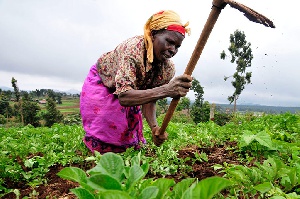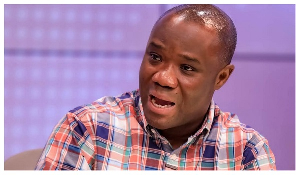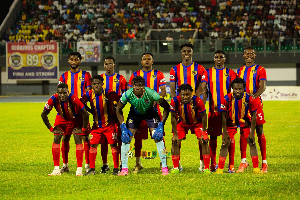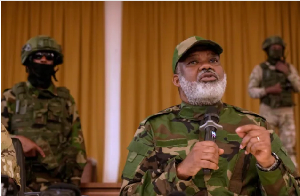About 4,500 farmers, mostly women, from the northern sector of the country have received an assistance from Oxfam, a British charity organisation, to improve their livelihood.
The women have been enrolled onto the Climate Resilience Agricultural and Food Systems (CRAFS) to improve their crops yields.
CRAFS, a three-year project is being implemented by Oxfam Ghana, aimed at improving agribusiness activities to reduce the importation of food as well as to encourage more youths into agriculture which is the backbone of the economy.
This came to light at the closing ceremony of a three-day training workshop for some selected media practitioners, farmers and other agronomic in Tamale organised and funded by Oxfam Ghana.
Speaking at the ceremony, Mr Mohammed-Anwar Sadat Adam, the Economic Justice Programme and Campaign Manager of Oxfam attributed the poor yield to climate change resilience which has affected agriculture and has also discouraged many from engaging in the business.
He stressed that Oxfam is collaborating with the Ghana Meteorological Agency to educate the farmers on the weather conditions so they will know when to cultivate and harvest to boost agribusiness in the northern sector of the country.
According to Mr. Adam, Oxfam has since its inception invested a lot of resources in water and sanitation, education, health and agriculture in Ghana, especially in the Northern Region to improve the livelihoods of the rural dwellers.
He said the training is to foster a stronger collaboration with the media to ensure that the project achieved the desired impact in the communities.
He said as part of the project implementation, Oxfam would partner with the media to embark on vigorous public education on climate change adaptation and disaster risk reduction as well as provide the necessary information on good farming practices and opportunities to farmers to help improve crop production.
Mr Adam said Oxfam in the past had worked with four national partners to implement the Enhancing Livelihoods through Climate Adaptation and Learning Project in four districts in Upper East, Upper West and Northern regions.
The Country Director of Farm Radio, Mr Benjamin Fiafor , who facilitated the programme, urged the media to focus on the rural stories that would help increase food production.
He urged the radio hosts to consider their audience in disseminating of the information and always avoid technical words that would put their listener off.
Mrs Lillian Mwintome Kuutiero, the Advocacy Officer of Oxfam, said despite the significant contributions of women to the agriculture sector, their active involvement in agricultural issues are very minimal and expressed the hope that the project would help address the problem.
She said the workshop was organised for the media and the farmers due to the critical role both play in ensuring the development of the country and also strengthen the ties of the two.
The project also aimed at enhancing food production and availability to improve income levels of women and men farmers by undertaking advocacy on policies to enhance communities adaptation to climate change, she added.
She said the investment component of the project had yielded fruitful results and that a total of 421 people, mostly women, were able to manage their incomes better by investing through the formation of Village Savings and Loans Associations.
It has also ensured that farmers had access to drought resistant and fast-maturing crop varieties through the provision of improved maize, water melon, onion and soya bean seeds and other inputs to some 572 farmers.
Business News of Saturday, 26 September 2015
Source: B&FT

















